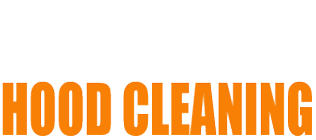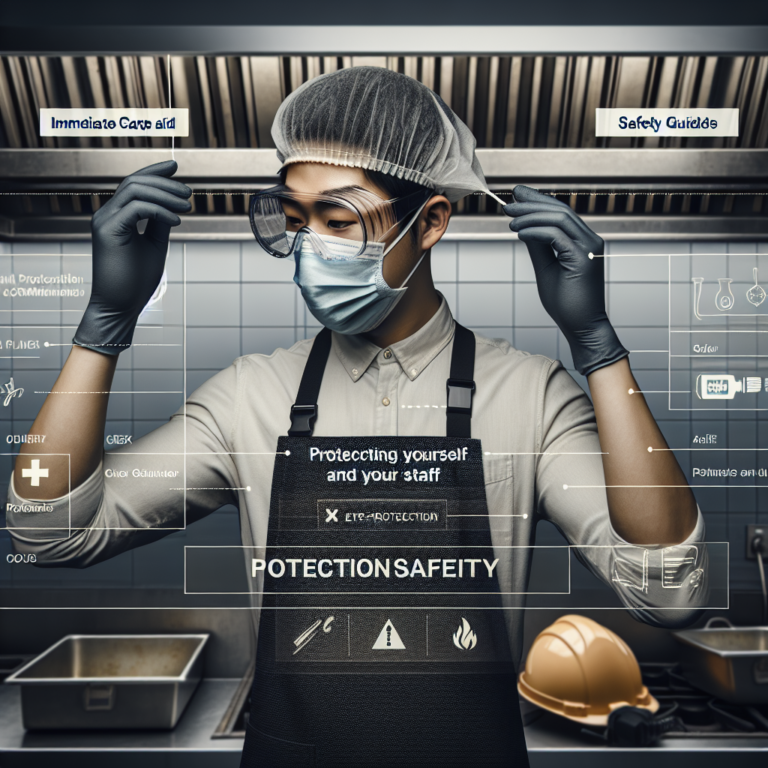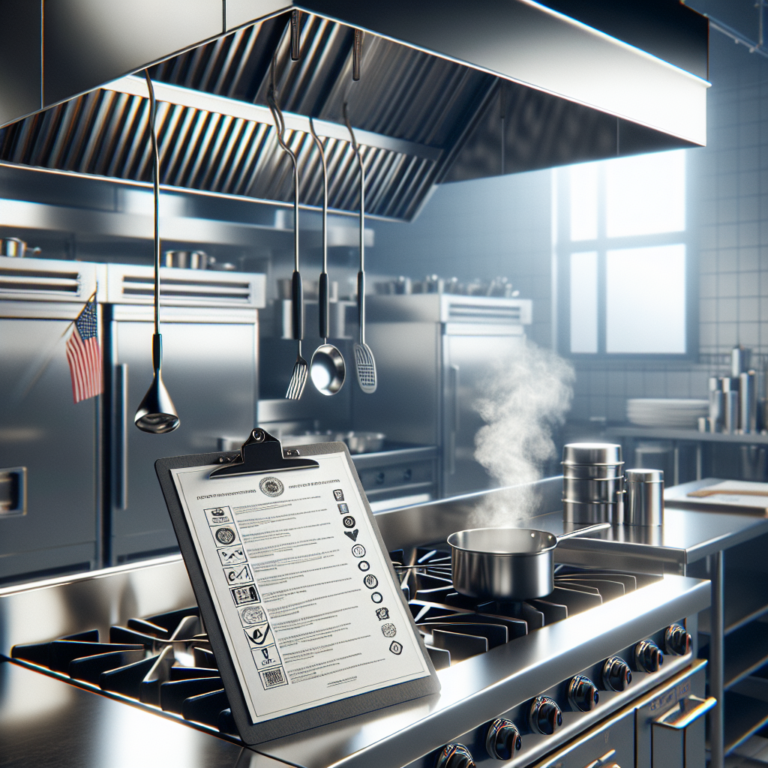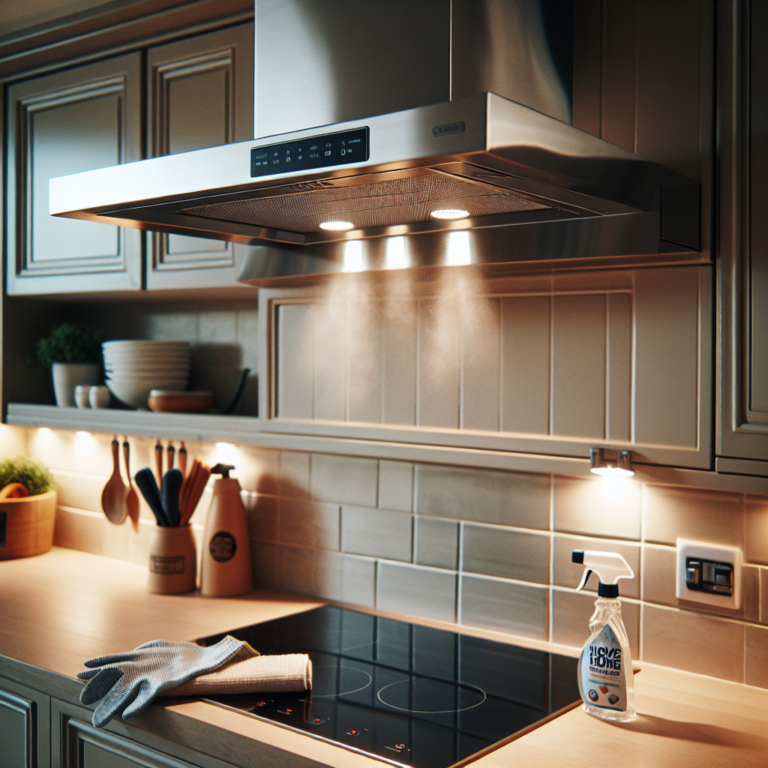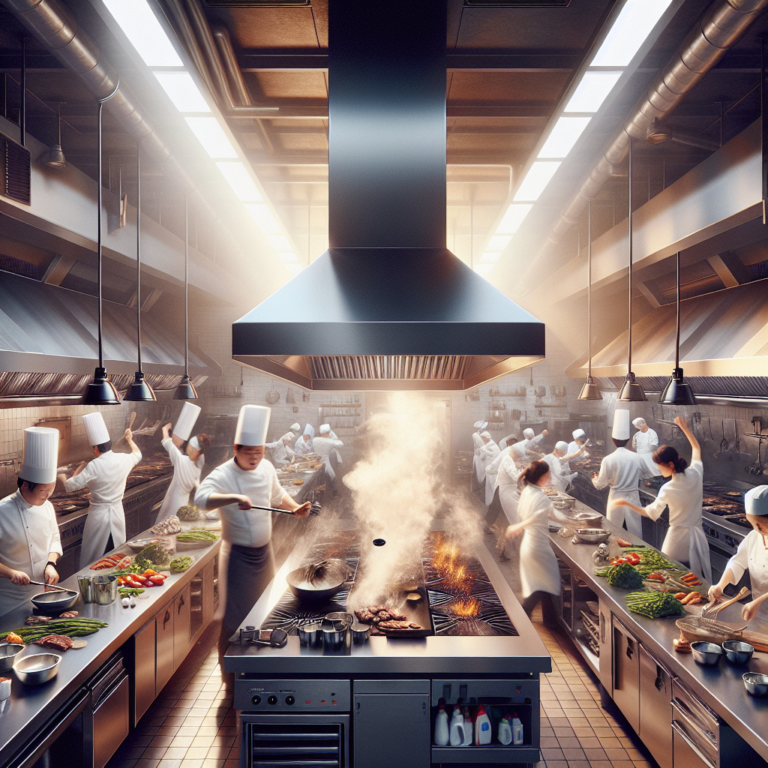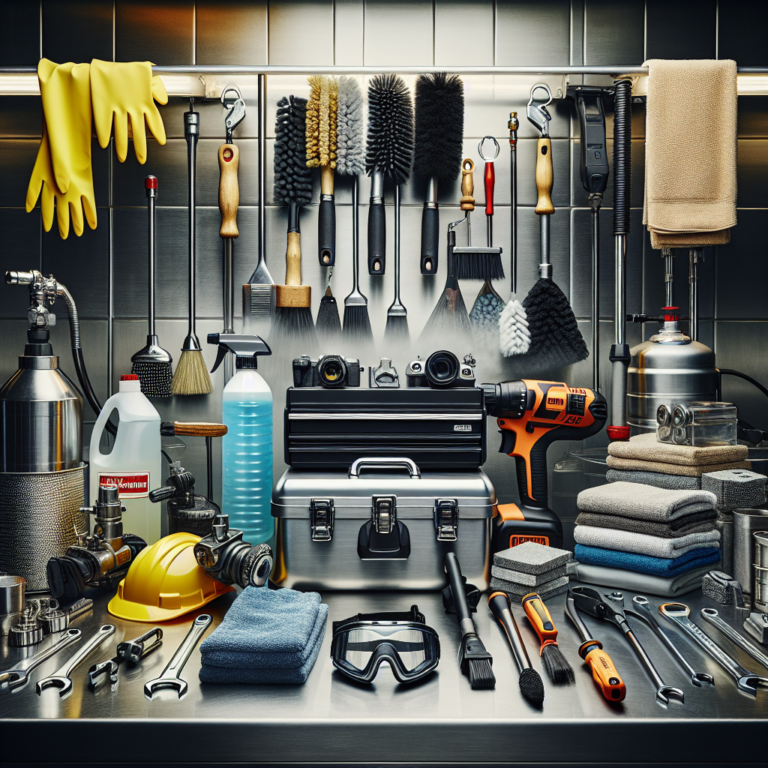Essential Reasons Why Hood Cleaning Ensures Restaurant Safety and Compliance
The Importance of Hood Cleaning in Restaurants
Restaurants need clean environments to serve safe and delicious food. Hood cleaning plays a key role in maintaining this cleanliness. Hoods above cooking ranges collect grease, smoke, and other residues. These residues can cause several issues if neglected.
Health Benefits
Maintaining a clean cooking space is vital for public health. Grease build-up in hoods can harbor germs. These germs can contaminate food, leading to health risks for customers. Regular cleaning helps prevent these risks.
A clean kitchen hood also improves air quality. Better air quality reduces respiratory problems among staff. Employees breathe easier, promoting a healthier work environment.
Safety Concerns
Fire hazards are a concern in commercial kitchens. Grease is highly flammable. Buildup in exhaust hoods increases the risk of fire. Routine cleaning removes this hazardous buildup.
Fires originating in kitchen hoods can spread quickly. Such incidents not only damage equipment but also put lives at risk. Frequent hood cleaning minimizes these dangers.
Legal Requirements
Local regulations often demand regular restaurant hood cleaning. Failing to comply can lead to fines or restaurant closure. Regular cleaning ensures compliance with safety laws.
Authorities conduct routine inspections. Clean hoods reflect adherence to safety and health standards. This compliance protects your business from legal penalties.
Efficiency and Performance
A clean exhaust system improves performance. Blockages from grease can hinder the exhaust fan’s function. An efficient system removes smoke and odors promptly.
Improved efficiency decreases energy costs. An exhaust system free of grease build-up operates smoothly, reducing overall energy consumption.
Choosing Professional Hood Cleaning Services
- Expertise: Professionals understand which cleaning methods work best for different hoods.
- Equipment: They use proper tools to ensure thorough cleaning.
- Time-saving: Professionals complete cleaning faster, minimizing operational disruptions.
- Cost-effective: Though an upfront expense, professional cleaning prevents costly repairs from unchecked grease damage.
Frequency of Cleaning
The frequency depends on cooking volume. High-volume kitchens may require cleaning every month. Others might follow quarterly or semi-annual schedules. Regular inspections help determine appropriate cleaning intervals.
DIY vs. Professional Services
DIY cleaning lacks the thoroughness of professional services. Professionals have the experience and tools to handle deep-cleaning tasks. They can spot hidden issues early, preventing severe problems later. While DIY methods might save money upfront, professional services provide long-term safety and compliance benefits.
Conclusion
Regular hood cleaning ensures health, safety, and compliance with regulations. Professionals offer thorough cleaning, keeping your kitchen safe and efficient. Invest in hood cleaning to protect your business and improve work environments.
